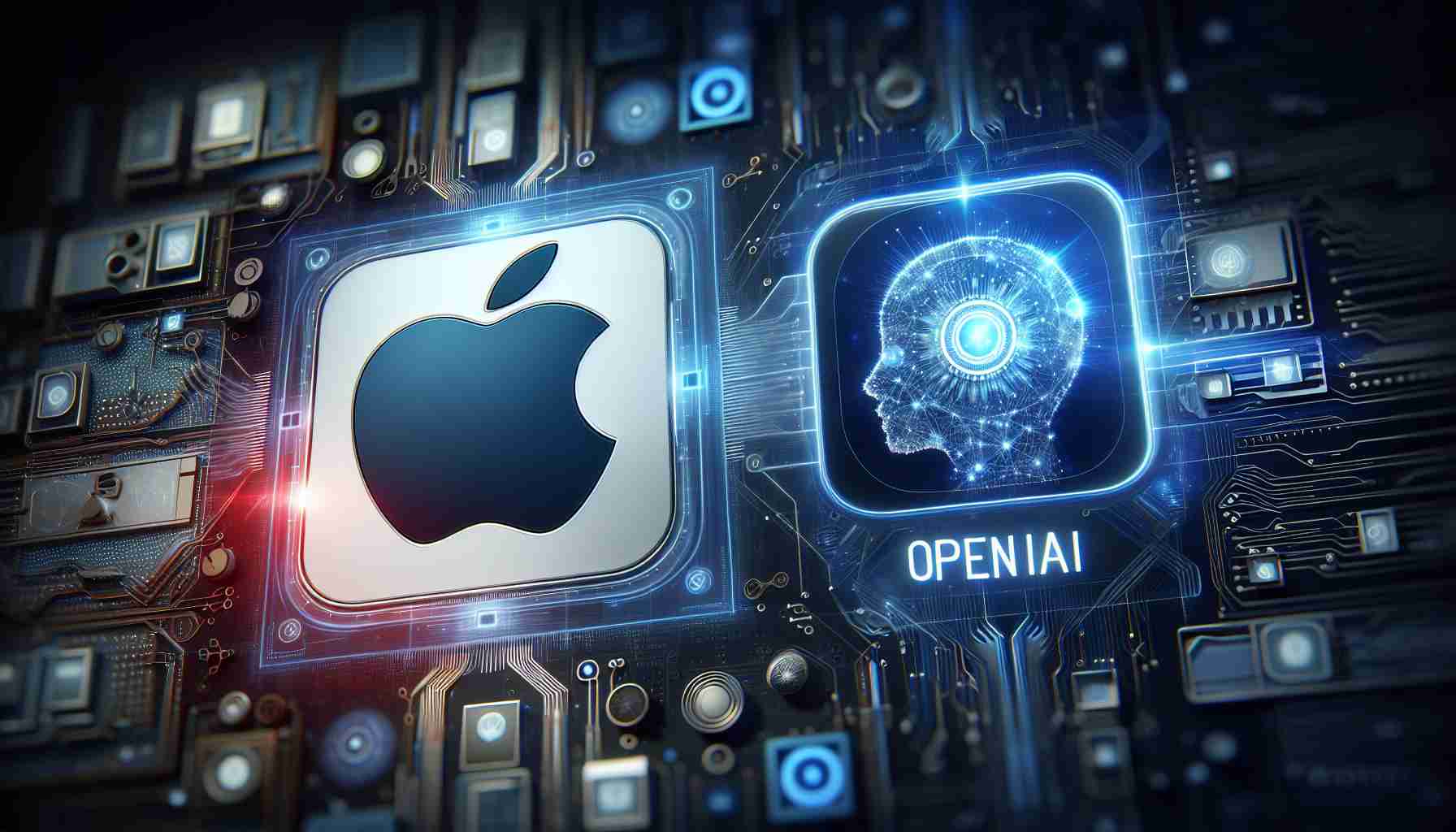Apple is reportedly engaging with OpenAI to boost iPhone’s AI capabilities in the upcoming iOS 18 release. The information suggests Apple’s renewed interest in enhancing its operating system with more advanced AI features, possibly incorporating tools similar to ChatGPT and Dall-E. These tools, developed by OpenAI, could potentially elevate the iPhone’s functionality, especially when it comes to AI-generated text and image creation.
A report from a credible source indicates that Apple may still be considering other partners, including Google, for this AI integration within iOS 18. Apple’s decision has not been finalized, but it is clear that enhancing artificial intelligence features is a top goal for the upcoming software release.
Expectations are high for the Worldwide Developers Conference (WWDC) scheduled for June 10, where Apple is set to announce a suite of updates across their product line, including iOS, macOS, watchOS, tvOS, and the anticipated visionOS. Aside from potential general improvements, Siri may specifically receive a substantial upgrade as well.
Apple has hinted at the possibility of having local, on-device AI capabilities, showcasing new large language models that are optimized to run directly on smartphones. This could mean improved privacy and efficiency for iPhone users.
June’s WWDC event will unveil the latest developments, with public betas of the software updates likely to follow. The finalized versions are expected to be available around September, aligning with Apple’s usual annual release cycle.
Most important questions associated with the topic:
1. What AI features are expected to be integrated into iOS 18?
Apple is speculated to incorporate advanced AI features like those found in OpenAI’s ChatGPT and Dall-E, enhancing capabilities such as AI-generated text and image creation.
2. How might partnering with OpenAI affect Apple’s position in the AI space?
By partnering with OpenAI, Apple could rapidly advance its AI technology, leveraging OpenAI’s expertise and cutting-edge tools to improve Siri and other AI-driven services on its platform.
3. What are the potential privacy implications of integrating advanced AI into smartphones?
Advanced AI integration raises concerns about privacy, particularly in how data is processed and where it is stored. Apple’s emphasis on local, on-device AI processing could help alleviate some of these concerns by limiting the amount of user data sent to cloud servers.
Key challenges or controversies:
One significant challenge is balancing AI performance with user privacy. Apple is known for its stringent privacy policies, and incorporating AI that typically requires vast amounts of data for training can be controversial. Additionally, partnering with another company, like OpenAI, could introduce compatibility or intellectual property challenges.
Advantages:
Advanced AI in iOS could lead to smarter, more intuitive interactions with devices, streamlined workflow, and the creation of complex digital content right from the iPhone. It could also enhance accessibility features, making technology more accessible to various user groups.
Disadvantages:
There may be concerns about over-reliance on AI, potential biases in AI behavior, and the need for continuous updates to maintain AI effectiveness without compromising performance. Another disadvantage is the potential impact on device battery life and computing resources due to the need for more powerful AI processing capabilities.
Related links:
For information on Apple’s announcements and products:
Apple
For information on OpenAI and its developments:
OpenAI
For insights on AI privacy issues:
Privacy Rights Clearinghouse
